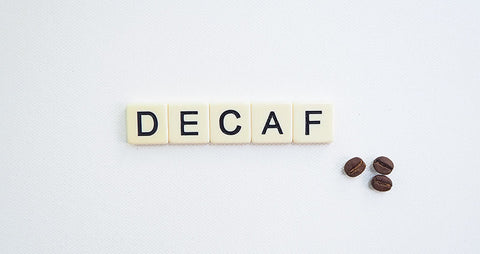
Although there are many known methods for decaffeinating coffee. There is actually really only one way of making decaf coffee. It is the decaffeinating ingredient that is changed.
Let me explain; Coffee is decaffeinated whilst it is still a green bean (Before it is roasted). Typically a chemical is used at this point to separate and remove or breakdown the caffeine within the coffee bean.
Coffee beans sit and soak in a chemical solvent which draws the caffeine from the beans. Either Methylene Chloride or water and activated carbon (known as the Swiss Water method). This is generally filtered over several cycles until nearly all the caffeine is gone.
Nearly all? Yes - Decaf coffee actually still contains very small trace amounts of caffeine. An average cup of decaf coffee contains roughly 7mg of caffeine compared to a fully caffeinated cup which would contain up to 70mg.
This is the same as the alcohol free beers you find in bars and supermarkets. Read the product label and you’ll see that they still contain trace amounts of alcohol in the majority of cases.
In order for coffee to be considered decaf at least 90% of the caffeine has to be removed.
The reason that many decaf coffees aren’t as tasty as their caffeinated equivalents, is that caffeine is one of the macro-ingredients within coffee that gives it its distinct bitter and acidic taste.
That is why we developed our One De-Caf blend to include a mix of Robusta beans. A bean type known for its strong tasting properties. This helps balance back the taste that is taken during the decaffeinating process, making our One De-Caf coffee beans (whole or ground) taste JUST like its caffeine equivalents. We also offer a money back guarantee, so if you don’t think it’s the best de-caf you’ve ever tried, then there is no risk.
Here are some common questions that people want to know about decaf coffee. Click below or scroll down to the answers:
Is decaffeinated coffee bad for your health?Who should drink decaf coffee?
Does decaf coffee keep you awake?
Do I make de-caf coffee the same way?
Is decaffeinated coffee bad for your health?
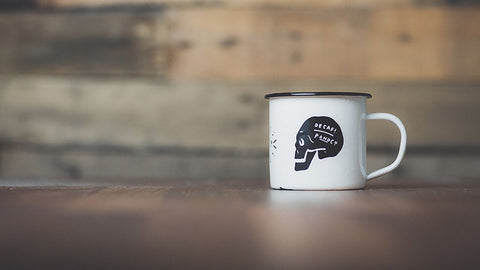
Coffee soaked in a chemical solvent to remove it’s caffeine content doesn’t exactly sound that healthy right?
Don’t panic; both European, and for our friends in the states, FDA agree that the trace amounts of these chemicals that are actually left in the coffee after they have been rinsed pose no health risks.
Think that the “Swiss Water” method of decaffeinating sounds safer? Actually there is no evidence that this method of decaffeinating is any better for your health than using any other chemical solvent.
Remember that Carbon is a “chemical” element too!
If you are of the ethos that our food and drink should be subject to as little unnatural change as possible, then we recommend both ourDaily Drinker andDeathly Strong coffee blends.
Although these both certainly contain caffeine, they are both processed in the least un-natural way, which means you can drink coffee as close to the way nature intended as possible.
Who should drink decaf coffee?
Thousands of monthly searches show that caffeine content is on a lot of people's minds. We agree that people really should think about what they consume and how it affects them; from their mood to their health.
Decaf coffee isn’t just for people who have a caffeine intolerance. Or even those who find it hard to sleep after drinking caffeine too late in the day,
Did you know that too much caffeine for some people causes feelings of anxiety, “rushiness” and stress. If you find yourself getting these feelings but still want to drink multiple cups of coffee a day, then why not try a decaf alternative?
Give our One De-Caf blend a go. With our money-back guarantee, there is no risk if you dislike it.
Does decaf coffee keep you awake?
The simple answer here is no, decaf coffee shouldn’t keep you awake. However it actually really depends on what sleep stimulants you are sensitive too, or most affected by.
If you are sensitive to caffeine and the effects of it happen to last longer on you than the average person, then yes, decaf coffee should help. However research shows that the placebo of drinking a hot decaf tea of coffee at night can actually make you “feel” more awake which in turn can hamper sleep.
Furthermore research actually suggests that the blue light emitted from phones and TVs can be the route cause of most sleep issues. Reading a book with your favourite hot drink just before bed can actually aid sleep in some individuals!
Either way; we recommend that if you are finding it difficult to sleep; cut out all caffeine after lunch for a few days. If you are still struggling to sleep then it’s likely that it’s something other than your caffeine intake that is affecting you.
If this does help you sleep, then we recommend getting yourself a decent decaf tea or coffee so that you don’t have to forgo your favorite drink before bed.
Do I make de-caf coffee the same way?
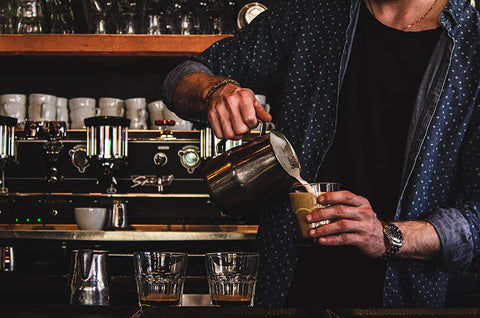
The simple answer is yes. You make decaffeinated coffee in exactly the same way as you’d make your regular cup.
As we mentioned above; the decaffeinating process strips the coffee beans of the vast majority of their caffeine (DUH!). The issue is, caffeine is directly responsible for some of the flavours we associate with good coffee (Acidity and Bitterness).
If you’ve bought a regular bag of decaf coffee, then you may want to add more scoops than you would with your regular caffeinated beans.
Another trick for those using an espresso machine is to use a finer grind (either purchase a fine grind, or use your grinder on a “finer” setting). This will mean that the espresso machine has to use more pressure in order to pass the water through the coffee which means more of the flavour should be pulled from the beans.
Alternatively you could simply buy a great quality decaf blend, such as our One De-Caf



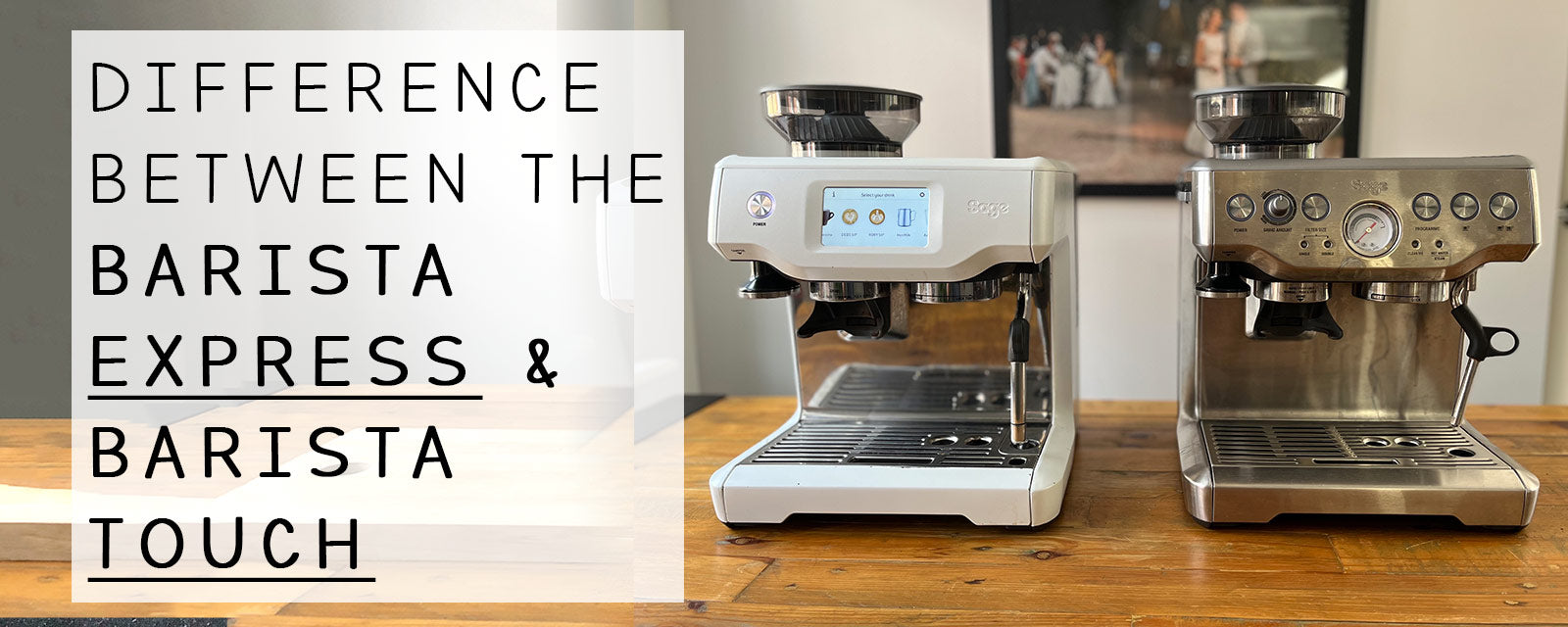
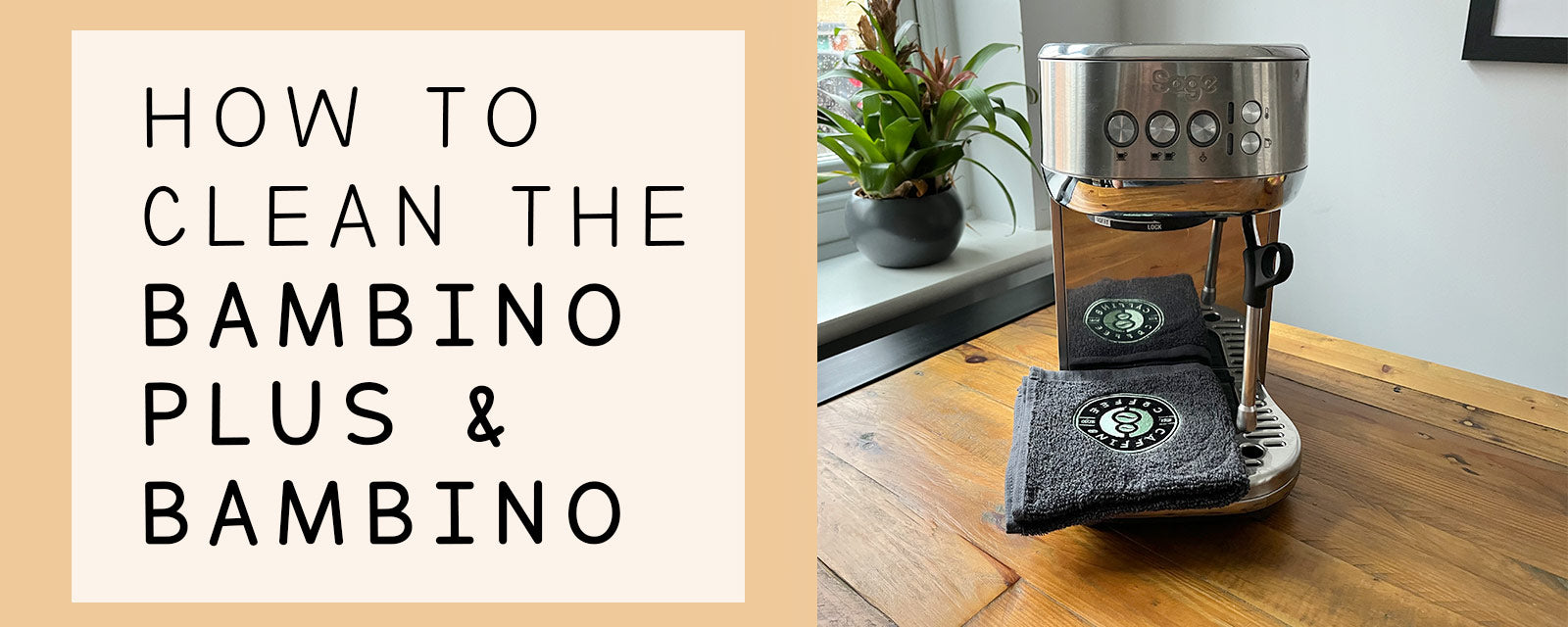
Leave a comment (all fields required)